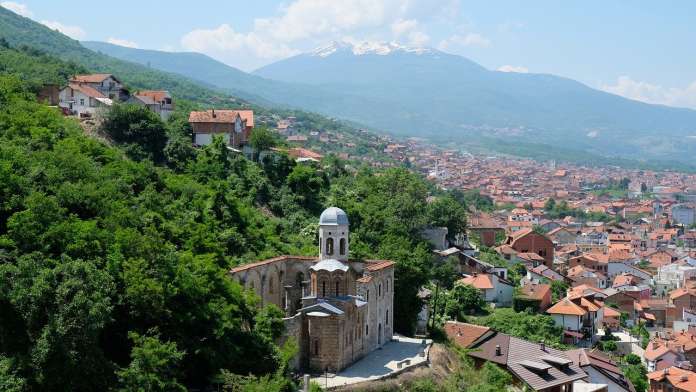Being a woman engineer can be fulfilling but at the same time a challenge. I remember the pride I felt at times of career achievements, but more than anything I was happy to be more than a seat, I was representing a voice.
Configuration of chromosomes is of little importance when it comes to running or being part of a business process. In the challenging energy sector, there are many stories of women that have achieved and continue to strive every day. The desire and willingness to be independent and the courage to experiment, even standing on heels, has made it possible to create successful models that are worth promoting widely.
How did they succeed on this? It is simple. Women are persistent to do things in the right way and above all with clear ideas for their future. Since the energy sector remains one of the least gender-diverse sectors, closing this gender gap will be vital as women are key drivers of innovative and inclusive solutions.
Kosovo, as a young European country, is facing the same global problem: less than 10 per cent of the workforces in the energy sector are women. The numbers are even lower in the management levels. The barriers women face in the energy sector are similar to those they face elsewhere in the economy. Despite the evidence demonstrating women’s value in the workforce, they continue to encounter structural barriers to participating in the economy, particularly in industries traditionally dominated by men. The interdependence of energy and economic development is essential for the future of the country so strengthening these sectors is the road ahead in Kosovo.
The main players in the energy sector in Kosovo are the Ministry of Economic Development (MED), the Kosovo Energy Corporation (KEK), the Kosovo Operation System Transmission and Trade (KOSTT), the Energy Regulatory Office (ERO), Kosovo Energy Distribution Services (KEDS) and a few small hydropower plants (HPPs), wind and solar farms as well as traders. Kosovo’s electricity operating capacity is about 900 megawatts (MW), almost all of which comes from two antiquated coal-fired power plants, Kosovo A and Kosovo B, located near Prishtina, the capital of Kosovo.
The sector is small, with certain issues and challenges like a lack of adequate and reliable supply, a lack on investments (on distribution and generation side), commercial and technical losses, low-income customers, environmental constraints, insufficient use of renewables energy sources potentials and gender inequality. For example, starting from 99.5 MW of RES installed in 2017, the Energy Strategy aims to 401-470 MW in 2026, depending on the development scenario.
The Energy Strategy of the Republic of Kosovo (2017-2026) has defined five strategic objectives:
- Security of a sustainable, high-quality, safe and reliable electricity supply with adequate capacities for stable power system operation;
- Integration in the Regional Energy Market;
- Enhancement of existing thermal system capacities and construction of new capacities;
- Development of natural gas infrastructure;
- Fulfilment of targets and obligations in energy efficiency, renewable energy sources, and environmental protection.
The Association of Women in the Energy Sector of Kosovo (AWESK) emerged as a result of the circle mentoring network established in 2016 for women in Kosovo’s energy sector institutions. AWESK was publicly launched in June 2017 with the support of the USAID/REPOWER-KOSOVO project and such is the first and only civil society organisation in Kosovo focusing on gender in the energy sector. Since then we were continuously being supported by local and international institutions and programs like USAID, MCC/MFK, GIZ and so on.
We at AWESK are working with women and for women. Our association stands for creating access as well as new opportunities for the advancement of women in the energy sector.
We have identified several ambitious objectives for AWESK to achieve. We want to improve career opportunities for women in the sector through training and networking; to increase wellbeing and quality of life by being more aware on energy efficiency and environment protection; and for women and girls to have better chances of employment by bridging the gap between energy and education.
At the same time, AWESK is working to make institutions able to identify concrete and realistic actions that will empower women in energy for value and professional development.
Equal opportunities for women in the energy sector have to be an important component for the economic development of our country.
It is our voice. And that’s AWESK’s chosen path ahead.



